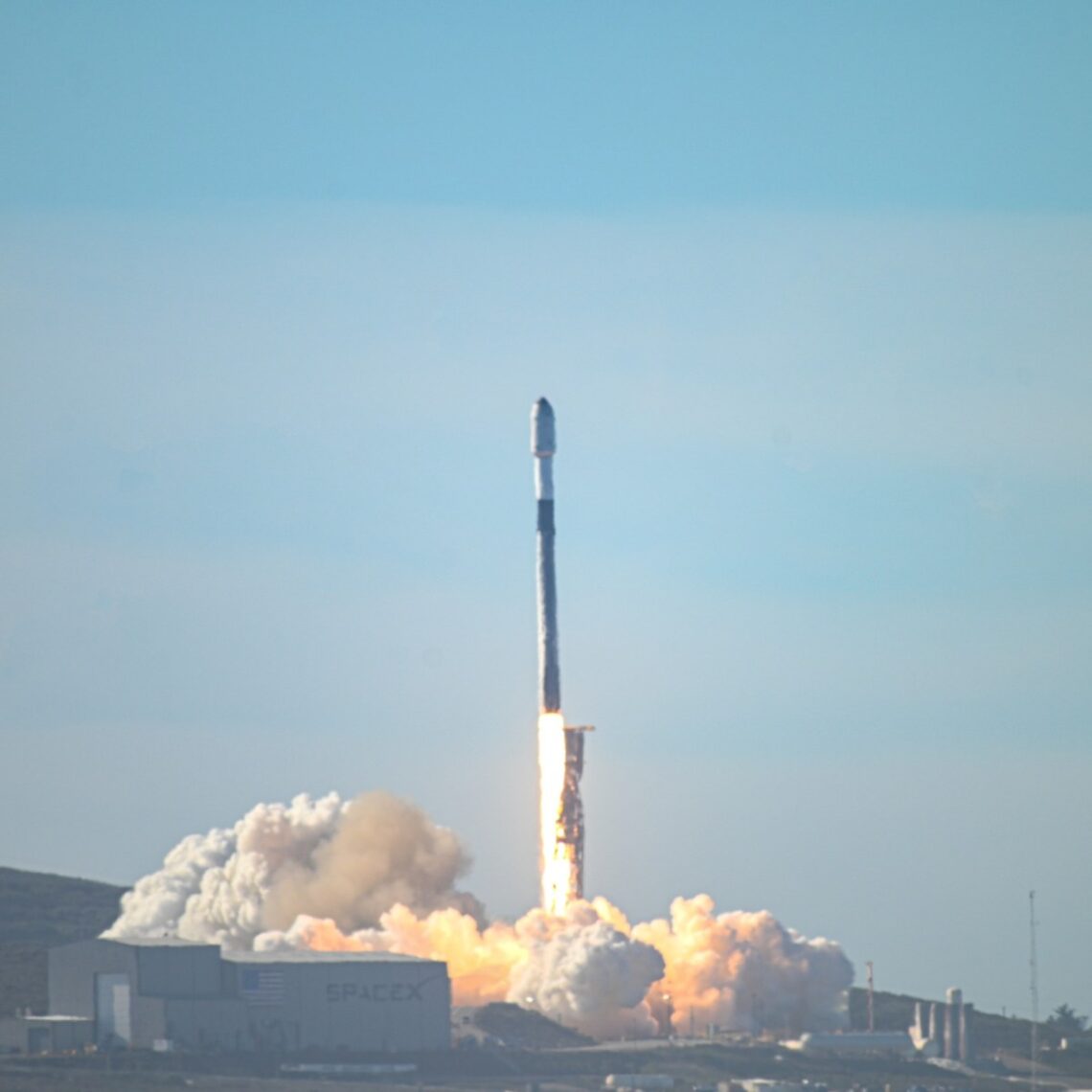On Thursday October 10th the California Coastal Commission departed from its mission to protect and enhance California’s coast and ocean by denying the Vanderberg Space Force Base’s request for a necessary increase in the number of SpaceX launches to get critical military capability on orbit. If SpaceX or the Space Force (USSF) had done something to violate a California Coastal Commission (CCC) rule (like disturb an endangered species), then fine, take sanctioning action. But they did not.
The CCC has entered the world stage by becoming part of the “Great Power Competition” between the U.S. and China and Russia. Unfortunately, they did not enter this power competition on the side of the U.S. by handcuffing our ability to achieve our national security strategy.
Our nation’s deliberate response to emerging threats is at risk if the CCC’s ruling stands. The U.S. has long recognized that access to space is a vital national and global interest. Not having required space capabilities on orbit undercuts the baseline strategies of the USSF. Low-Earth orbiting weather spacecraft, intelligence systems, global communications capability and elements of new proliferated constellations rely exclusively on the Vandenberg west coast space port. The CCC restrictions endanger our entire nation and could well cost lives. Denying the increased launch rate from Vandenberg provides Russia and China a big military victory without these adversaries having to commit any of their military resources.
Over the past 30 years, the U.S. has been the dominant player in space, and has assured the free and open use of space. This has nurtured a vibrant national, international and commercial economy in space. Both the military and civilian worlds now depend on capabilities such as the Global Positioning System, satellite communications, global broadcast, weather monitoring and remote sensing. Unfortunately, external threats have emerged and access to space and the…
Read the full article here

